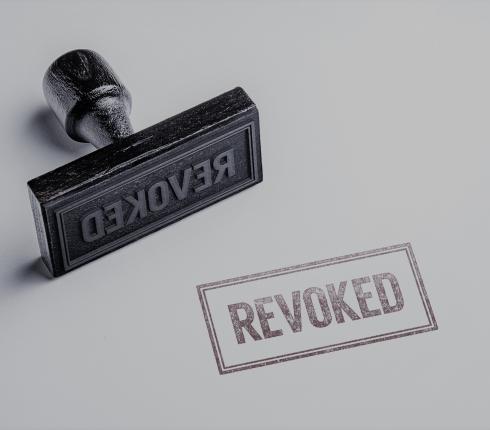ICO in Estonia – is customized regulation on the horizon?
According to NJORD law firm´s review Initial Coin Offerings (ICOs) or token sales linked to Estonian jurisdiction have raised so far around 100 MUSD. According to the Ernst & Young research, Estonia is in the top 15 countries in the world on the basis of amounts of ICOs launched. As per Funderbeam report, out of the total $240m raised in Estonia, 28% was collected through ICOs.
Why is Estonia attractive for doing ICOs?
According to our clients - factors such as good understanding and environment for new technologies, the possibility to easily start and manage a company from abroad, responsive public authorities and the e-residency program are the main reasons why Estonia is seen as a favourable jurisdiction for ICOs.
Are ICOs regulated in Estonia?
The fact that there are no customized regulations regarding ICOs in almost any country in the world does not mean that ICOs are ignored both legally or politically. For example, there are countries such as China or South Korea where ICOs according to public sources are banned. Some countries are however, now taking the first steps to enforce regulation for ICOs such as Russia having a legislative draft by the Ministry of Finance or Gibraltar planning to adopt a specific legislation in the second quarter of 2018. In Switzerland Financial Market Supervisory Authority (FINMA) has developed guidelines for enquiries regarding the regulatory framework for ICOs. As to Estonia, so far there is an understanding that ICOs are regulated by applicable laws but it seems that also Estonia is considering customized ICO regulation.
Both Swiss and Estonian jurisdiction are popular among businesses which consider launching an ICO. Each has its own peculiarities in doing token sales. For example, for ICOs in Estonia usually a limited liability company is incorporated whereas Switzerland has seen a rise of setting up of various foundations due to the country’s specific practice.
As it was previously mentioned, ICOs in Estonia are regulated by the applicable laws, particularly by Securities Market Act, Consumer Protection Act, Money Laundering and Terrorist Financing Prevention Act etc. The ICOs organized by legal entities which have ignored the regulations may result in negative consequences. Recently, the Financial Supervisory Authority (FSA) has warned consumers about Polybius and Coinloan ICOs on operating business due to the lack of licenses and failure to register a prospectus for a securities initial public offering.
The other important issue is the compliance with anti-money laundering law. The Money Laundering and Terrorist Financing Prevention Act (the MLPA) of Estonia determines two obligated persons in the crypto related business. Even though the ICOs might not require undertaking Know Your Customer (KYC) measures under the MLPA, KYC measures will still be good to undertake if the collected funds are intended to be exchanged into fiat exchange in the future. For example, a credit institution will require information on the source of funds.
On 6th of December 2017 the Estonian Ministry of Finance and the FSA brainstormed on ICOs on the basis of European Commission Structural Reform Support, the Ministry of Finance applied for funding of a project “Opening Estonian Regulatory Framework for Innovative Technical Solutions“, which is targeted to developing a favourable legal framework for crowdfunding and alternative infrastructure. This topic is hot also due to the European Commission proposal leaked last week in addition to a EU wide Fintech action plan.
More information about such initiatives and possible customized regulations on ICOs in Estonia are to be discussed as part of the Computational Law and Blockchain Global Festival in the Legal Hackers Event on 15th March in Tallinn, Estonia.
(Authors: Eduardo Silva, Nikolay Demchuk)

















